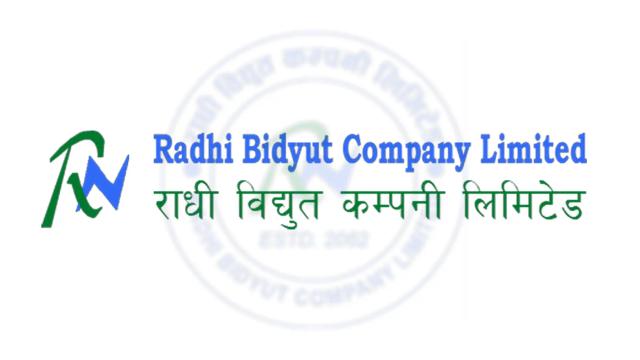Wholesale Price Growth Stabilized
Author
NEPSE TRADING

Kathmandu — Nepal’s wholesale market witnessed stable inflation during the fiscal year 2024/25, with the Wholesale Price Index (WPI) averaging 156.63, according to the latest report from Nepal Rastra Bank. Compared to the previous fiscal year, this represents an annual increase of 4.11 percent.
The WPI serves as a key indicator of supply-chain health, input costs, and market stability. Compared to the sharper price hikes of the past two years — 9.51 percent in 2021/22 and 8.47 percent in 2022/23 — this year’s inflation reflects improved supply conditions and effective policy interventions.

A closer look at monthly data reveals that price pressures were not uniform throughout the year. October 2024 recorded a noticeable rise, with the index increasing from 151.90 to 160.27 — a 5.51 percent jump. This spike coincides with Nepal’s festive season, where consumption demand, import costs, and logistics bottlenecks usually intensify.
Likewise, December 2024 showed the highest monthly increase of 6.52 percent, with the index reaching 157.25. Increased construction demand, business activity, and possible supply lags contributed to this rise.
In contrast, June 2025 marked the lowest inflation of the fiscal year, with just a 1.56 percent increase. This suggests stable supply conditions and reduced demand pressures toward the fiscal year-end.
The moderate annual growth in WPI suggests a well-balanced wholesale market with reduced volatility. Analysts attribute this to improvements in domestic production, better logistics, and disciplined monetary policy that prevented price overheating.
Notably, better harvests, smooth distribution of industrial goods, and more efficient inventory management by traders played a key role in keeping wholesale prices under check. Unlike previous years, there were no broad-based disruptions in supply or demand that could have triggered inflationary surges.
Despite overall price stability, the spikes in October and December act as warnings. Economic experts urge policymakers to remain vigilant during festive seasons when supply chain stress and demand surges could lead to inflation flare-ups.
A stable wholesale market can have a ripple effect on retail pricing, ultimately benefiting consumers. However, the government and Nepal Rastra Bank must continue real-time monitoring and prepare contingency plans, especially for high-demand quarters.
Nepal’s wholesale market appears to be on a stable path, with a manageable 4.11 percent annual inflation rate. While policy efforts have contained broad-based price pressures, targeted attention during seasonal peaks is necessary to maintain this balance. The steady WPI provides a cushion against consumer-level inflation and creates a more predictable environment for business and trade.



